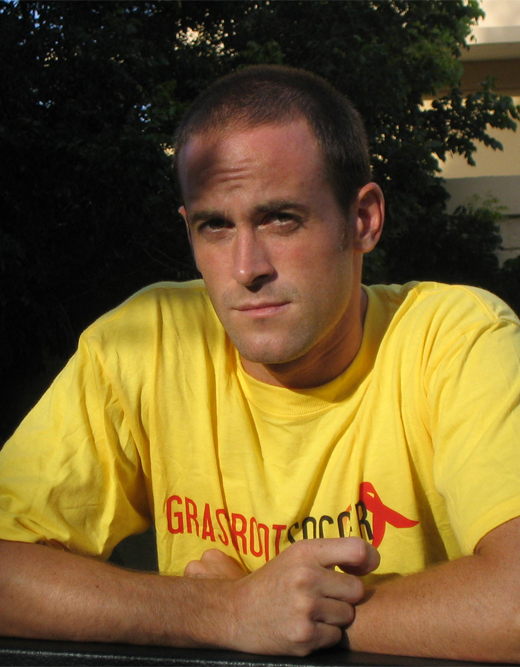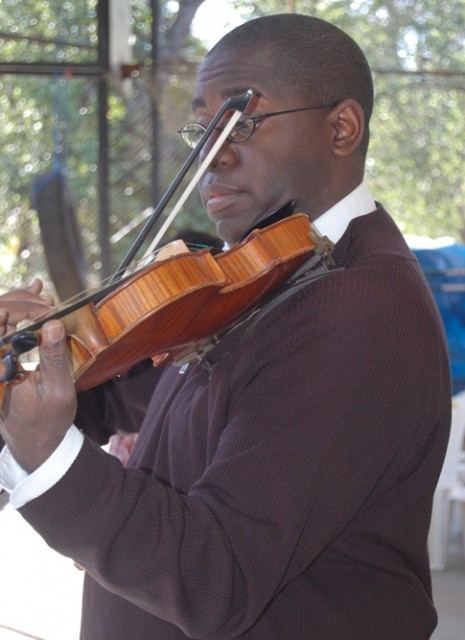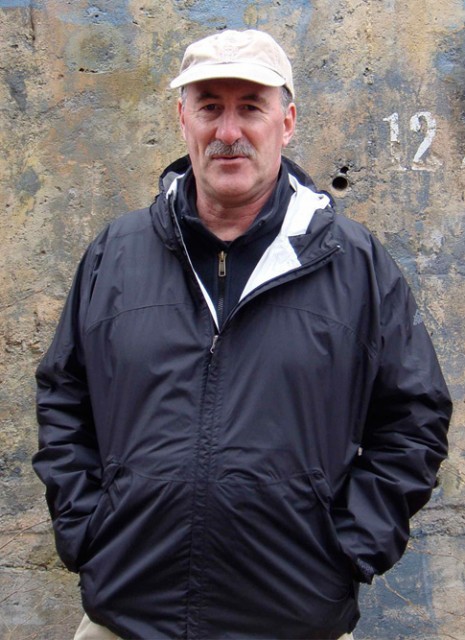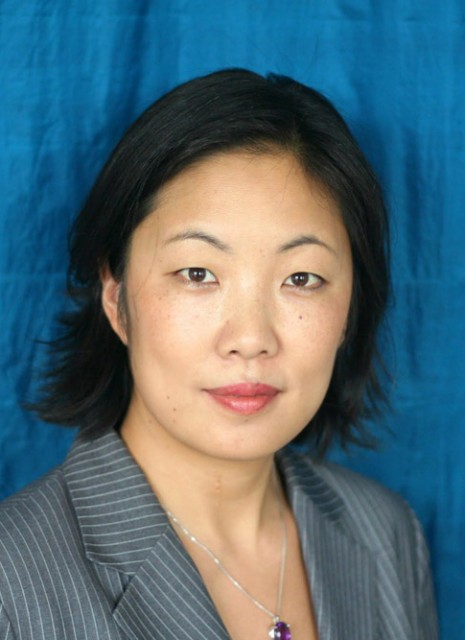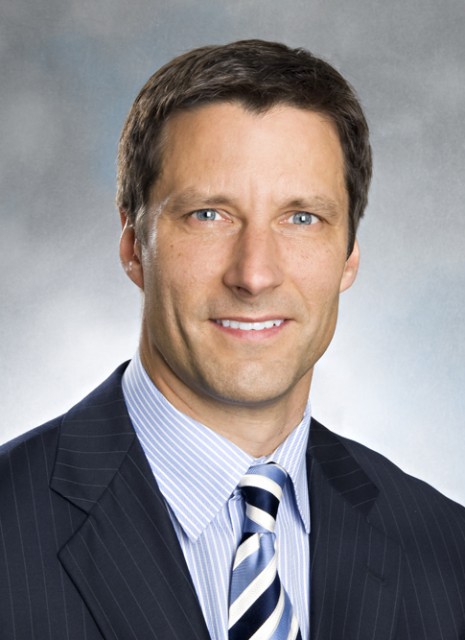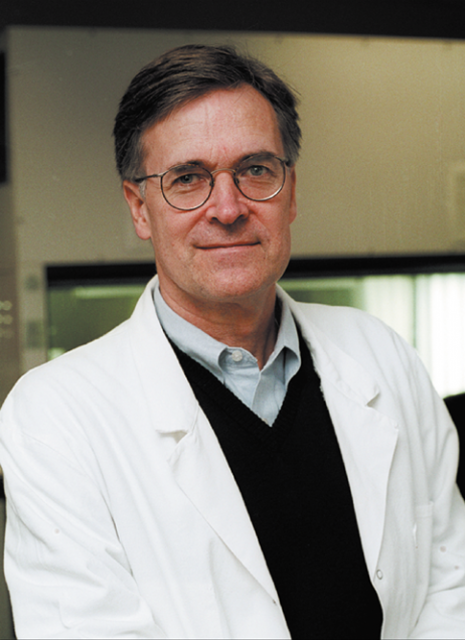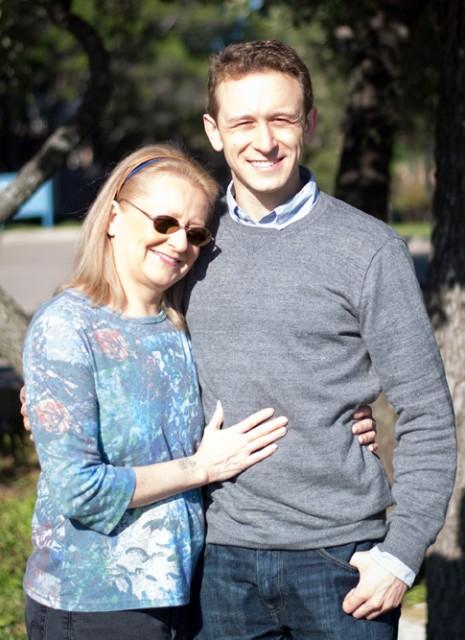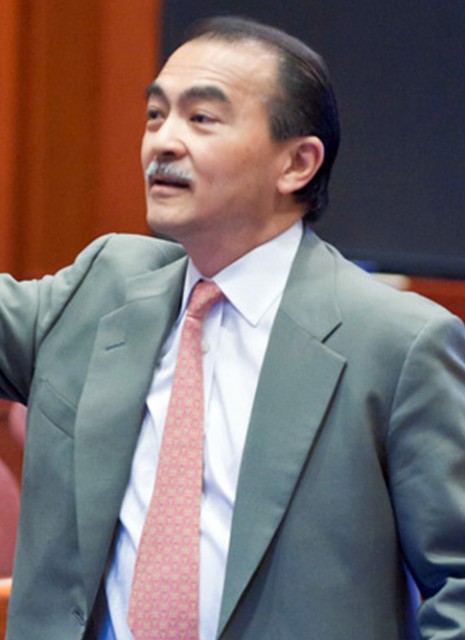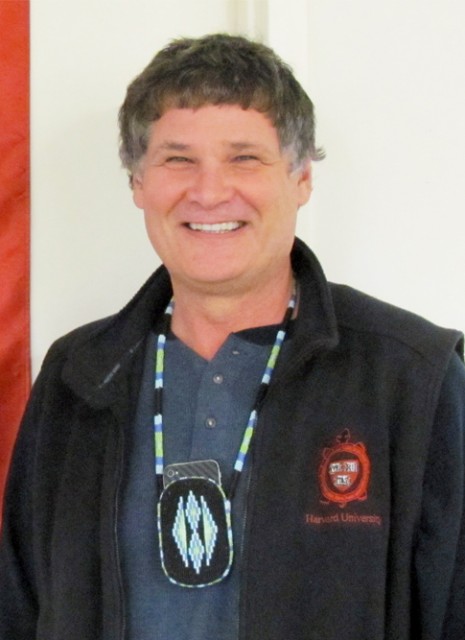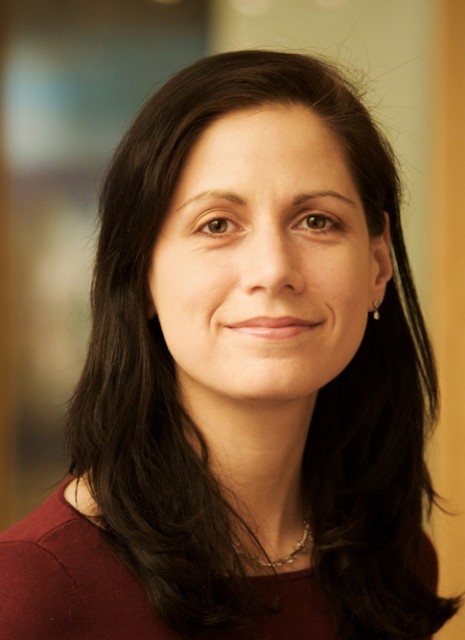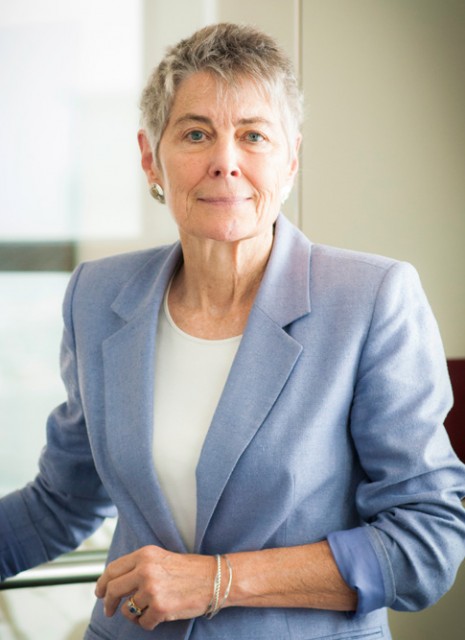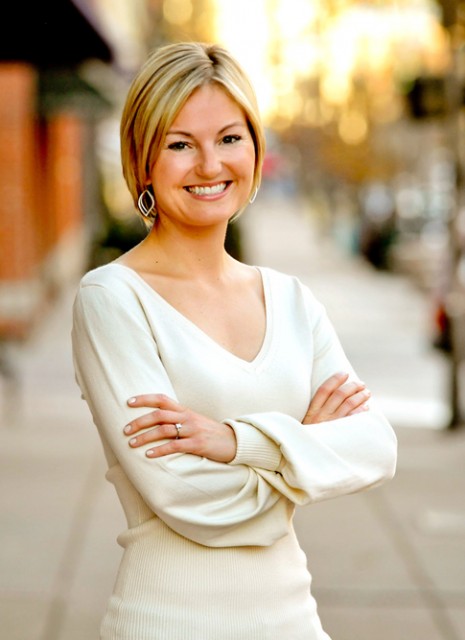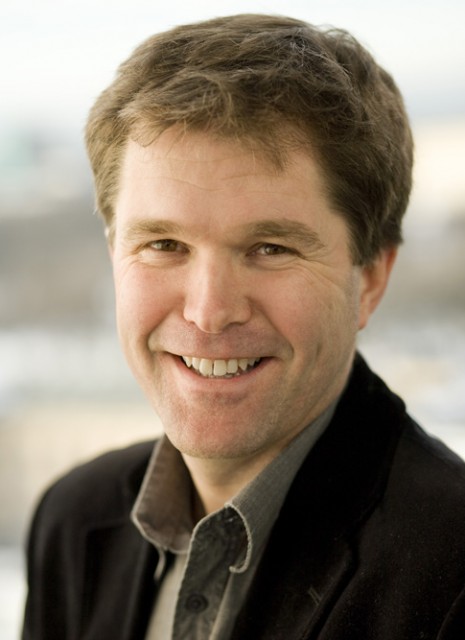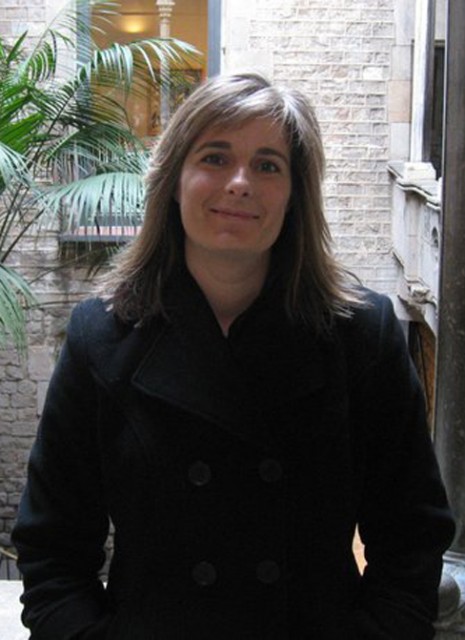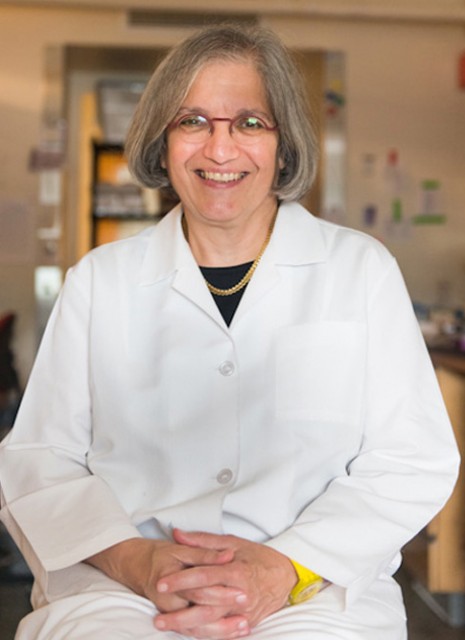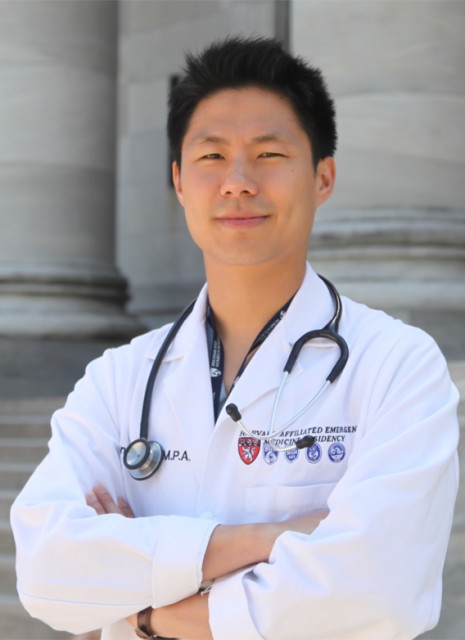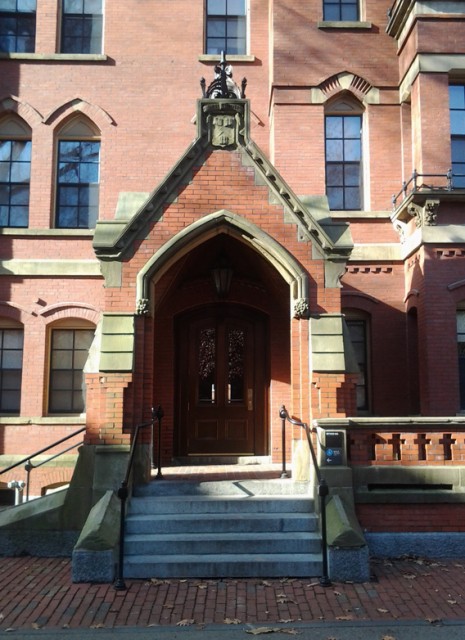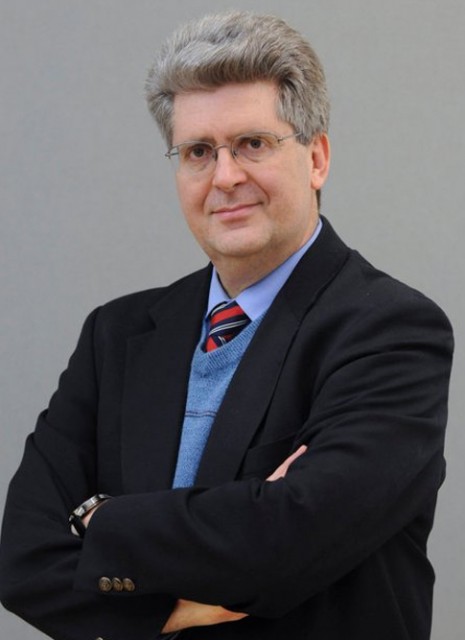Please describe who you are, where you are from, and your current role.
My name is Kirk Friedrich. I am a co-founder and Executive Director of Grassroot Soccer. Grassroot Soccer is an HIV prevention organization that uses soccer as a tool to inspire the kids to change their lives, their behaviors, and then their communities. I started Grassroot Soccer with a group of professional soccer player teammates who had lost friends and teammates to the disease. We decided that HIV was a huge problem and there was huge potential to use the power of soccer to fight the spread of HIV/AIDS.
Please suggest media or resources that will help people explore this problem or challenge.
– Join the Club: How Peer Pressure Can Transform the World by Tina Rosenberg
Please describe the path that led you to where you are now.
My background is in education. I’m not even sure, to be honest where that interest first came from. I changed my major in college to do that, and I think it was based on all the work I had done with soccer camps. I just enjoyed working with young people. They’re really energizing.
I studied to be teacher, and after finishing my degree I played professional soccer for a few years. I had the chance to see the world with professional soccer. It was a mix of my education, my volunteer teaching in Africa, and also my experiences losing friends to HIV/AIDS that led me to help found Grassroot Soccer. Along with a pediatrician, and a few other professional soccer players, we came together to start the organization about 10 years ago.
We started GRS in Zimbabwe in 2002. For the first year we piloted the program and did an initial evaluation of the results. Based on the lessons learned and the demand for our programs we decided to scale up in two ways:
1. We started new GRS programs in Zambia and South Africa. Those programs are still going strong today and continue to grow.
2. We designed a model to work with local organizations to provide technical assistance and training to set up similar projects to GRS. We’ve now helped organizations set up soccer-based health education projects in more than 22 countries around the world.
When we started GRS we had no idea what the potential would be. I don’t think in my wildest dreams I ever expected us to have the success we’ve had. The global power of soccer is even greater than I ever realized.
Give a sampling of the work you do on a day-to-day basis.
My job has changed a lot over the last 10 years. When we first started, I was literally on the ground, in the classrooms, providing education. Now we have people around the world, and hundreds of volunteers who actually teach the curriculum. So my job has evolved quite a bit to focus on fundraising and partnerships. I look at our programs and the big-picture agenda. My day-to-day work is a lot of writing and communicating with our partners and people who have a stake in our organization.
What are the enjoyable parts of your work? What are the less enjoyable parts?
I love the kids and getting to see how successful we’ve been. It’s hugely motivating to see that we started this project just 10 years ago, and it’s hugely gratifying to see our progress. I think what’s hard sometimes is that you get distanced from the people you are helping. You never really spend time with the main users of the program, so it’s a little harder to be as motivated when you aren’t on the ground managing or coaching.
What is a challenge that you have faced in your career? How did you deal with that challenge?
We went through two periods of rapid growth within the organization, and I think that’s obviously very exciting, but it’s also scary. You have to put in new systems, and policies, and you fear that you’re going to lose the culture of the organization if you grow. But I think as long as you really invest in making sure that you don’t lose this culture, you can grow, scale up programs, and maintain that magical culture that developed within the organization.
What types of interests and activities do you maintain outside of your work?
I am a surfer, which is great because my job takes me to different places where I get to surf. It’s a great lifestyle for me.
What advice do you have for people in their early stages of exploring?
It’s really hard to tell when you are young. My biggest advice would be to find internships and try to get work experience, especially when you first get out of college. Grassroot Soccer has a one-year volunteer internship program. I think this is a valuable experience for our interns because they get the chance to travel to Africa, get work experience, and develop a better sense of things that they are interested in and of the realities of world.
What is your vision for the problem or challenge you are working to address?
Now is big time for HIV/AIDS. There are a lot of really exciting biomedical advancements that enable much better control of the disease. The challenge is that you have to balance that with good education that influences people to uptake and use those services. I think with more attention to HIV education, you’ll see a reinvestment in trying to get people to adopt the behaviors that they should and to realize the potential efficacy of these newly developed treatments.


